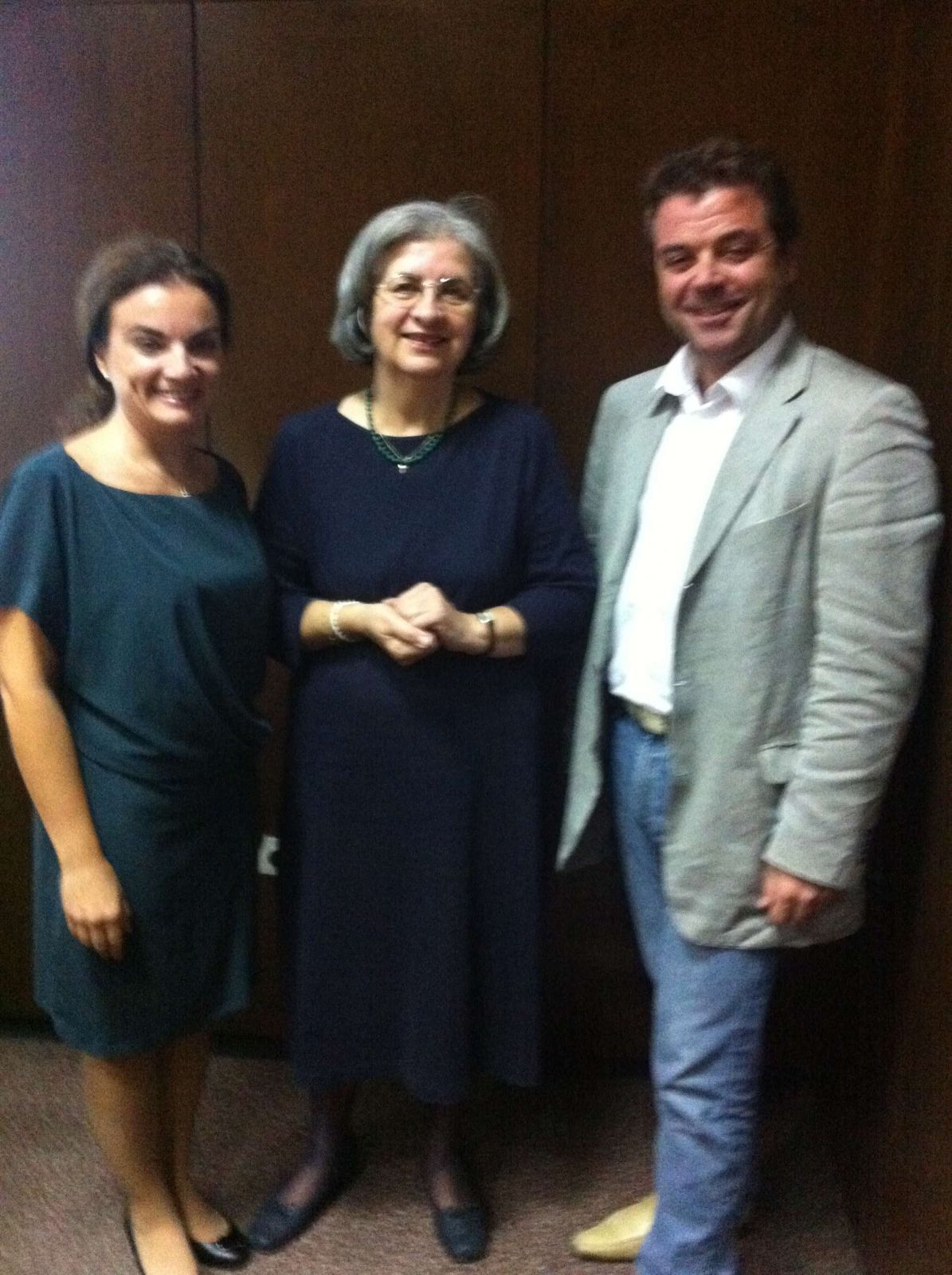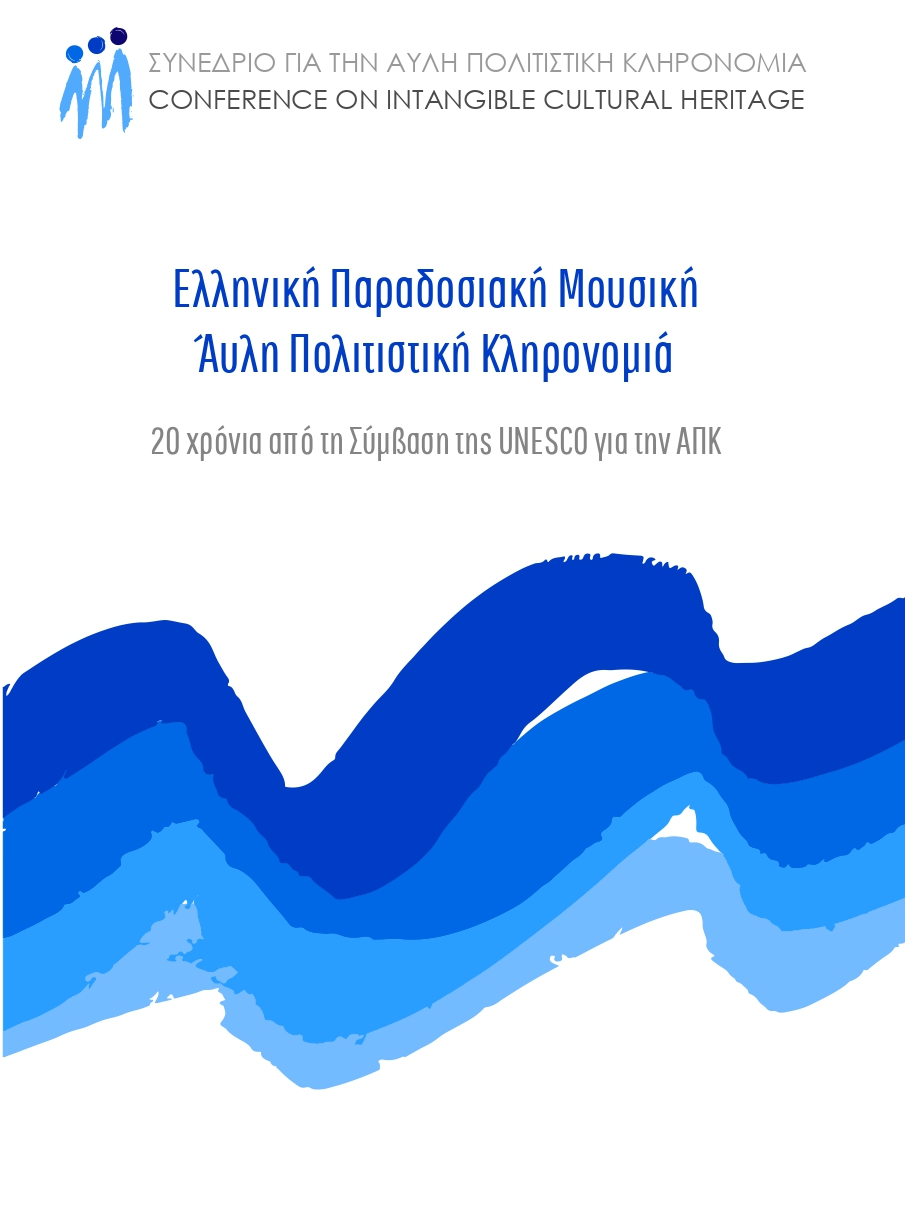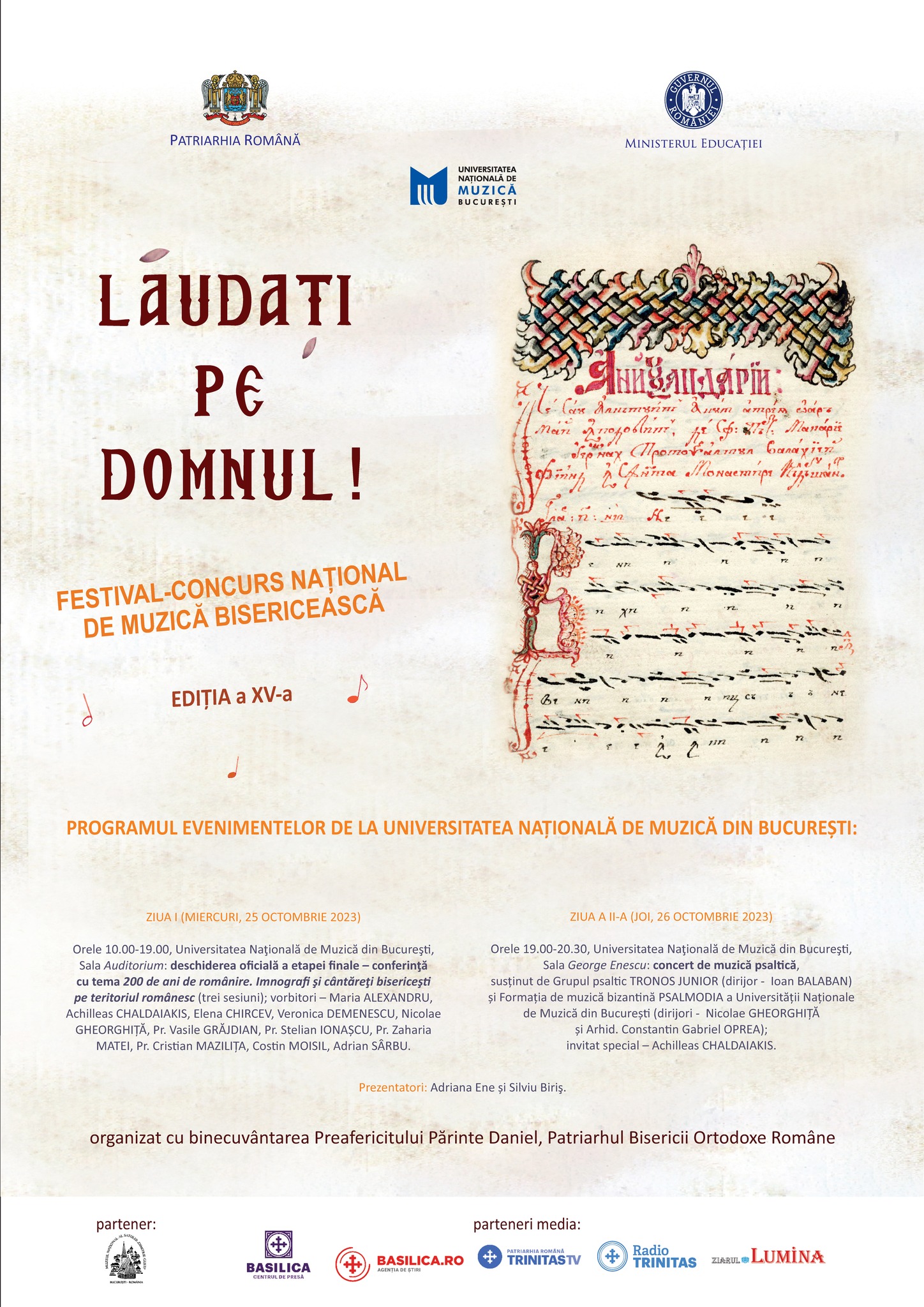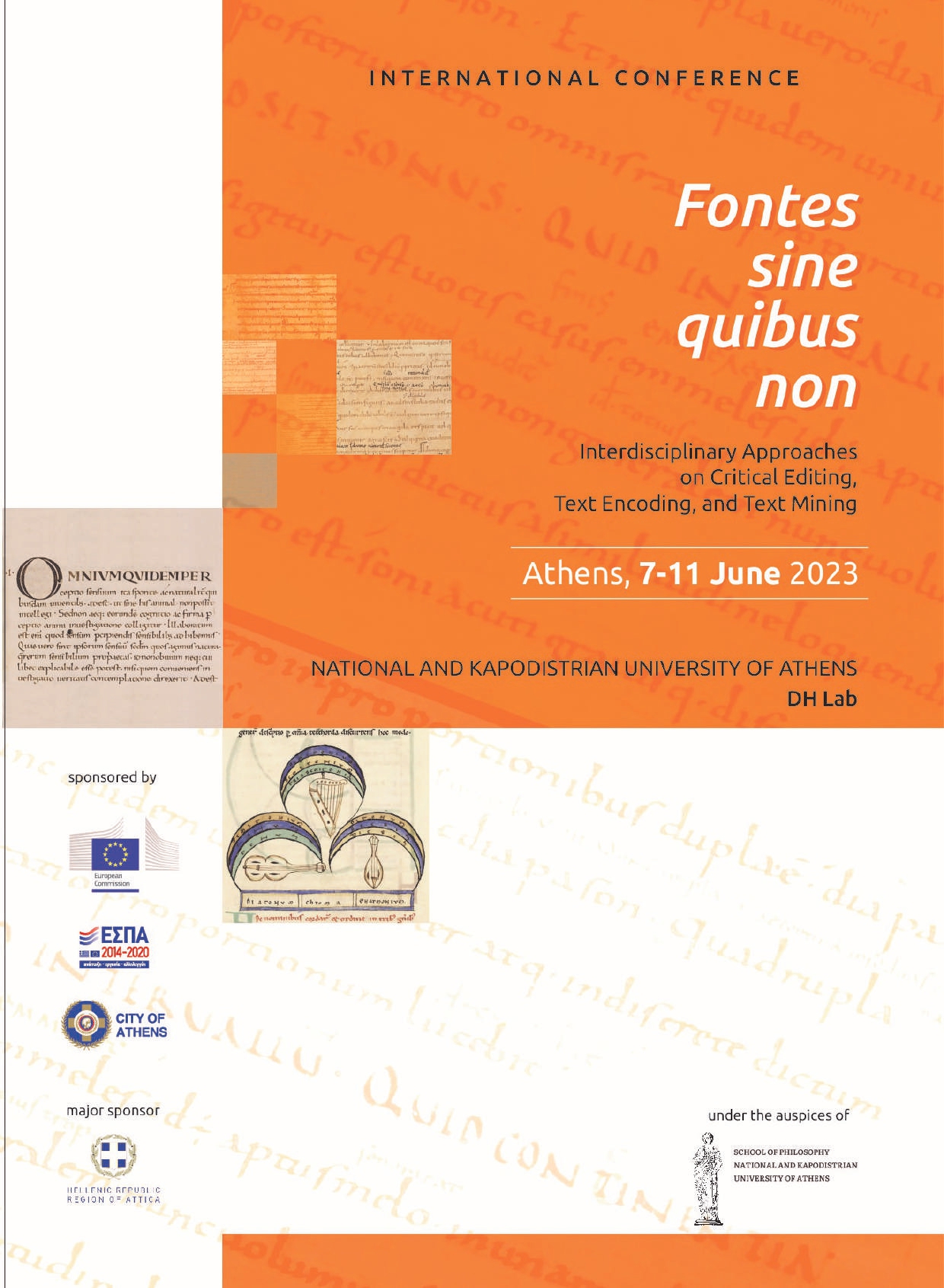Συμμετεῖχα μὲ ἀνακοίνωση ὑπὸ τὸν τίτλο: Byzantine Music between Western and Eastern social ideology: the case of John Laskaris.
John Laskaris, is well known in historical and musicological research: he was descended from Constantinople where he had relatives and property, but being attracted by the famous justice of the Venetian State proceeded to Crete, where he became active during the period 1411-1418; there, he had had – among other things – founded his own chanting school – one of the oldest relevant pieces of evidence for respective musical school – and would teach to youngsters the ecclesiastical music, while he used to chant himself in various church services.
As it has already been noticed, Laskaris’ motivation to proceed to Crete was not only to make a profit but also due to the policy of Byzantium and mostly of Ecumenical Patriarchate, in order to reinforce and support the Orthodox conviction of the people of Crete, who live under the Venetian rule would face various pressures from the Catholic Church. John Laskaris was as it is evident a likable figure to the emperor Manuel Palaiologos the 2nd and to the Ecumenical Patriarch Joseph the 2nd, as well. At the same time, Laskaris being a scion of a distinguished Byzantine family was of course to the eyes of the Orthodox Greek civilization of Crete, the chosen one to represent the chanting art of Byzantium, the official representative of the liberate Byzantine State and Orthodoxy.
Undoubtedly, this social, professional and musical activity of this Eastern musician par excellence, as it was developed in a geographical space completely Western ruled, creates exceptionally fertile prerequisites for a general annotation between Eastern and Western musical and ideological “dialogue”; I will attempt a similar annotation though the present paper.




